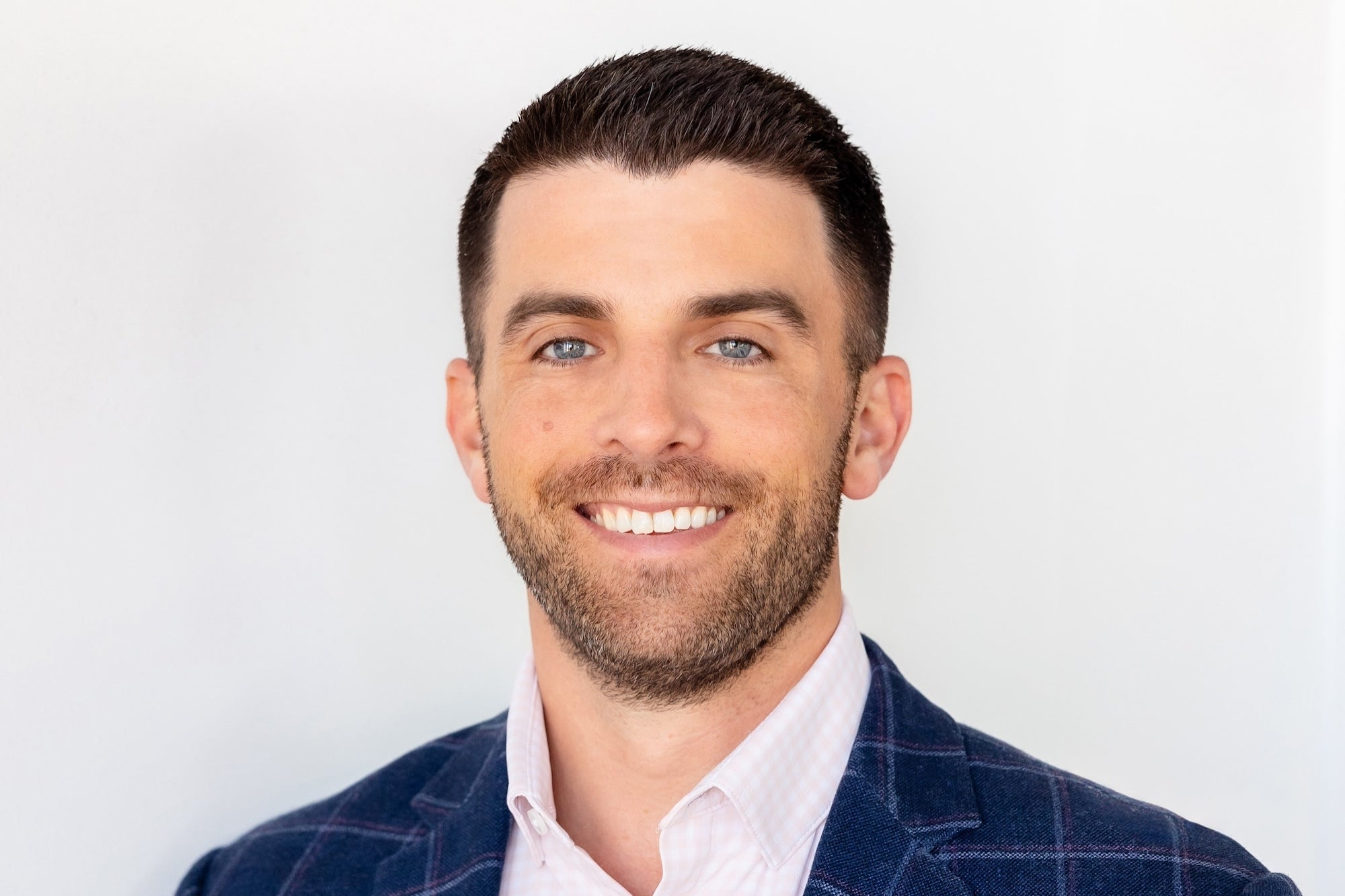Opinions expressed by Entrepreneur contributors are their own.
Every good business idea starts with a problem, and Kevin Lavalle had a serious one to solve. Not long after his son was born, he realized the baby monitor app on his phone had crashed. Nothing went wrong, but the realization rattled him.
“My son was unmonitored all night,” he says. “That is not why parents buy a baby monitor.”
Realizing the app had failed the one job it had to do, he began researching the market. He discovered there was no device that worked with the internet and without it. He would go on to launch Harbor, a dedicated device that combines the security of a closed connection with the flexibility of internet features, so anxious parents can check in from anywhere.
Related: Not All Problems Are Fixable — Here’s How Great Leaders Know What to Solve and What to Learn From
Hurts so good
Lavelle has built his career on noticing his pain points and creating a business around the remedy.
“Most of the products I’ve come up with are because I’ve experienced the problem myself,” he says.
At his previous company, Mizzen+Main, a performance menswear brand, Lavelle once again solved a problem he felt personally. “I wanted a dress shirt that looked sharp but felt like the athletic gear I lived in, so I just made it for myself first,” he says.
Initially, buyers at trade shows didn’t take him seriously. But a big breakthrough came when he sponsored Tim Ferriss’s podcast. The company has since generated hundreds of millions of dollars in sales.
Related: Every Successful Business Solves a Pain Point — Does Yours?
Taking it straight to the competition
With Lavelle’s new venture, Harbor, the problem isn’t uncomfortable clothing; it’s what he perceives as the shortcomings of the leading baby monitor company in the space.
In the world of baby products, where advertising is usually sentimental, Harbor leaned into confrontation. A campaign called the “Great Baby Monitor Swap” offered families credit toward a Harbor system in exchange for mailing in their old monitors. It was part trade-in program, part protest, and it gave frustrated parents a chance to turn their disappointment into something useful. The company has even made UGC-style videos of them throwing a rival’s product in the trash.
When the rival company had its lawyers fire back, Harbor was ready for them. “We actually published their cease-and-desist letter on my personal blog and turned it into SEO. If you search for them, the title of the article jumps out in a big way.”
Second time around
But the marketing push was only one part of the challenge. Starting a second company meant navigating familiar territory with a very different set of obstacles.
Some things came easier this time. He already knew how to recruit strong talent, how to speak to investors, and how to shape a brand so that it stood out. But other parts were harder. Harbor is a hardware company, and getting the product built and pushing investors to the finish line was much more difficult than he expected.
How has he persevered? First, by accepting the uncertainty of starting a new business. He notes that success is rarely a formula you can repeat. Timing, luck, and shifting markets all play a role. “Very few founders have any idea what they’re doing,” he says. “We’re all just trying to figure it out. That is a hard lesson that I have learned.”
Second, by reminding himself of the night he woke to find his son had gone unmonitored for hours. That memory still fuels his resolve. Harbor, he says, is about giving parents back the sleep and sanity that can vanish in the fog of early childhood. “I’m doing this because I believe we can change parents’ lives,” Lavelle says.
Every good business idea starts with a problem, and Kevin Lavalle had a serious one to solve. Not long after his son was born, he realized the baby monitor app on his phone had crashed. Nothing went wrong, but the realization rattled him.
“My son was unmonitored all night,” he says. “That is not why parents buy a baby monitor.”
Realizing the app had failed the one job it had to do, he began researching the market. He discovered there was no device that worked with the internet and without it. He would go on to launch Harbor, a dedicated device that combines the security of a closed connection with the flexibility of internet features, so anxious parents can check in from anywhere.
The rest of this article is locked.
Join Entrepreneur+ today for access.

